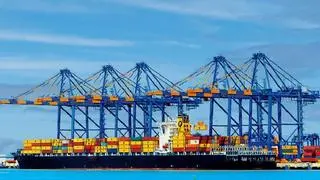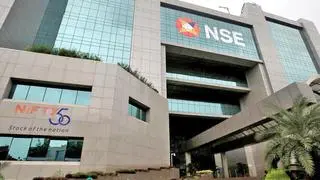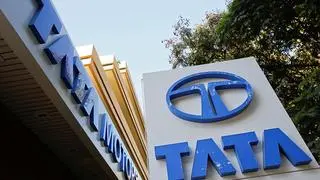Last week, cement manufacturers Ambuja Cements and ACC, both part of the LafargeHolcim group, announced that they are evaluating options of a merger. If it goes through, it is expected to make the entity the second-largest cement player in the country with a combined cement capacity of about 63 million tonnes (mt). This will first of all, give the combined entity the benefits of scale and higher bargaining power. The cement industry is currently passing through a consolidation phase.
UltraTech Cement, currently the largest player in the country with cement capacity of 69 mt, will soon add up Jaypeegroup’s cement business. This will catapult the Aditya Birla group-run cement business to about 90 mt — a shade lower than its ambition to touch 100 mt.
The Dalmia group is already going through a restructuring process to integrate the cement business of its group companies under a single entity Dalmia Cement Bharat — taking the combined annual cement production capacity to 25 mt. Shree Cement in turn is ramping up operations from current levels of 27 mt to 40 mt by the end of FY20.
Gaining leadership Consolidation of business is good from a pricing perspective for the manufacturers. This is expected to reduce players in regional markets and bring in an element of pricing discipline. The merged entity after Ambuja and ACC come together, moreover, will get the bargaining power from being a number one or number two in most markets.
The Holcim group, for instance, will become number one or two position in the East, West and the North. In the East, the Holcim group had a combined production capacity of about 25 mt in FY16.
This is little a higher than UltraTech’s 23 mt capacity in the region. Similarly, in the West its combined capacity of 37 mt (according to FY16 figures) will take it close to UltraTech’s 39 mt. In the North, again it is expected to become number two — next to Shree Cement. In FY16, while Shree Cement had a capacity of 22 mt, the Holcim group will have a combined production capacity of 18 mt.
Narrowing valuation gap Interestingly, following the announcement, the valuation gap has already come down between Ambuja Cements and the market leader UltraTech Cement.
Against the replacement value per tonne of $135-150 for the industry, UltraTech Cement’s enterprise value per tonne is $270. The numbers for Ambuja and ACC are $267 and $139, respectively. ACC has been at the receiving end from the market, because of its relatively higher operational costs and relatively poor performance in terms of volume growth.
However, the combined entity has the potential to bring in operational synergies and reduce logistic costs. UltraTech’s EBITDA per tonne of ₹1,094 during the March quarter of 2017 was higher than ₹631 per tonne for ACC. Over the medium term, to sustain the above valuations, it is important that cement sales volume picks up. Except ACC, most cement companies are currently quoting at a substantial premium to replacement value.








Comments
Comments have to be in English, and in full sentences. They cannot be abusive or personal. Please abide by our community guidelines for posting your comments.
We have migrated to a new commenting platform. If you are already a registered user of TheHindu Businessline and logged in, you may continue to engage with our articles. If you do not have an account please register and login to post comments. Users can access their older comments by logging into their accounts on Vuukle.